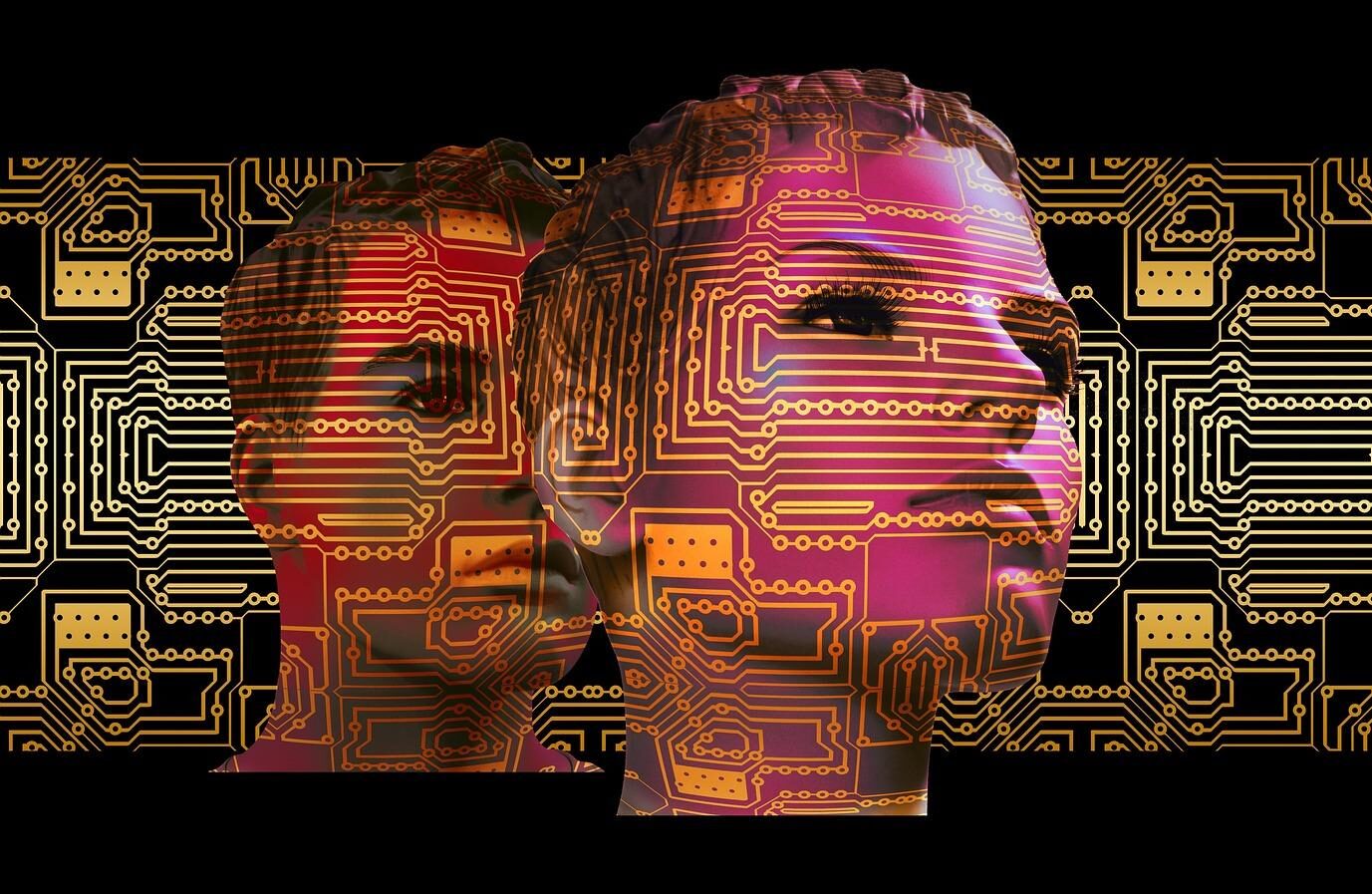
Listen to the article
Your audio file will ready in a few seconds...
Money 20/20 is the event that gathers the brightest minds, the major companies and the most innovative technologies in the fintech industry around the world. And, of course, we were there.
After a most particular year, the financial landscape has evolved enormously. Even when the technologies that are thriving right now are not exactly novelty, consumers have adopted new lifestyles and behaviors without looking back. According to Mastercard, 60% of consumers say that trustworthiness and transparency are the most important traits in a brand.
Everything comes down to trust, gained through a combination of reliability and sustainability, physical convenience and having a digital choice with preference to an omni-channel experience. But how can businesses provide these experiences and what are the major pain points of traditional financial institutions? What about those people that live outside the boundaries of the digital world?
In this article, we explore these topics and what’s coming in the future of fintech as the three major takeaways from Money 20/20. Whether you were there in Las Vegas last week or not, I assure you it’s a must-read!
Breaking down data silos to improve the customer experience
In the era of digital transformation, most traditional banks have old infrastructures to maintain. The reason why bank executives are hesitant to undergo a digital transformation is because of their legacy infrastructures. As odd as it may sound in 2021, Cobol developers are still needed.
In most financial services, data is managed and stored in separate parts of the same organization. Investing, lending, saving accounts, credit cards, insurance, you name it – data is kept in different places.
The complications related to siloed data comprehend 2 different aspects. On the one hand, we have all the inconveniences on the business side: data analysis is a huge pain, difficult access, duplicated efforts, and work and data security gets compromised more easily.
On the other hand, concerning users, the most appremiating issue is how difficult it is to engage on different services even with the same bank. Customers are asking for a relationship with financial institutions where they can manage everything from the same place.
Breaking down data silos will fasten the speed of enablement and, potentially, engage the customer in holistic, personalized relationships. This means creating an unified flow of experiences that comprehend any need in the customer journey without unnecessary paperwork and fragmented processes.
Financial inclusion and equity, a hot topic at Money 20/20
A hot topic in today’s fintech agenda (as well as in Money 20/20’s) is financial inclusion, which comes as no surprise given the societal and political changes we have experienced in the last couple of years.
1.5 billion people in the world remain unbanked, and citizens from countries undergoing humanitarian crises such as Guatemala, Honduras and El Salvador live in poverty, trying to flee the country. Conditions like poverty, violence and climate change were accentuated by the COVID-19 pandemic, a situation that also affected similar communities globally.
Those people live outside the boundaries of the digital world, and have to still rely only on cash. Both governments and the private sector worldwide are looking for solutions that guarantee consumers have access to financial services many take for granted. The biggest challenge they face is trust. Digital payments are years away from being widely accepted in poor countries, not to mention Blockchain.
Countless institutions and businesses are working to remove barriers from each side, supply and demand. But inclusion not only applies for poor countries, it also refers to guaranteeing access to minorities such as the LGBT or the black community in the US.
Trust is everything when it comes to integration. People want to bank in line with their values and their culture. So here lay the biggest efforts for banks and financial institutions in the coming years, and not only because it is the right thing to do, but also because there’s a huge unexplored market if you provide global access to the digital world. In a nutshell, businesses thrive when their customers succeed.
Payments are eating the world
“Software is eating the world” wrote Marc Andreessen in an essay published in The Wall Street Journal 10 years ago. The prediction of this American entrepreneur and co-founder of Mosaic and Netscape turned out to be true, but as the world became increasingly connected and interoperability and data transfer stronger, it’s time to go to the next stage.
Nowadays, there’s a new contender in the tech competition, and we are not talking AI, self-driving cars or the metaverse: it’s about payments. Lia Chao, Managing Director at JP Morgan, expressed how payments will be the ones eating the world in the next 10 years. Why?
By 2026, 91% of the global population will own a smartphone. High-speed mobile internet and it’s wide availability has levered the field for consumers and merchants. This has granted access to a digital marketplace virtually anywhere, to anyone.
With the emergence of new technologies and services such as IoT, conversational AI, augmented and virtual reality, and smart cars, their introduction to the marketplace will impact how we consume. Users need new features that support their experiences.
Digital shopping is moving towards a new retail paradigm in which every experience will be omnichannel. New business tools and new consumer payment options are changing the payments ecosystem, where payments are more than a mere transaction but a relationship builder instead.
We come across the convergence of 5 elements that will drive innovation and payments beyond mere purchasing towards a role that connects everything in a digital society: platforms with a broad set of services, online digital identity, digital wallets, financial activities embedded into daily activities, and, finally, real time payments.
Money 20/20 bonus track: every business is a fintech
“Every business ends up being a finch business”
Alexis Ohanian, Co-founder and Executive Chairman at Reddit

The intersection of community and capital has started to consolidate and shape up in the last few years thanks to the many advantages new technologies are bringing to the equation. Any business today should start thinking on how to leverage financial services to provide a better experience to their customers, which will translate into a higher retention rate and wider ROI.
Was this article insightful? Then don’t forget to look at other blog posts and follow us on LinkedIn, Twitter, Facebook, and Instagram.










